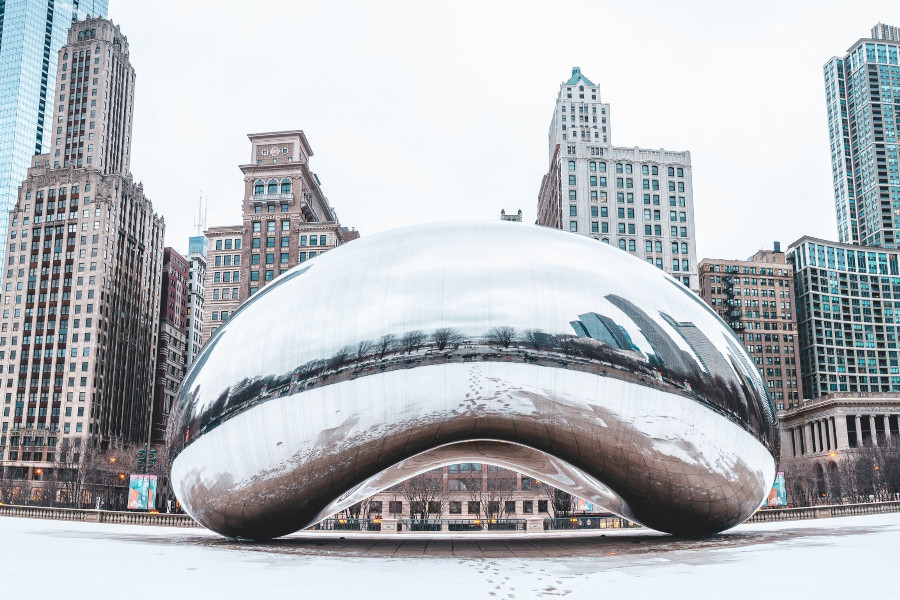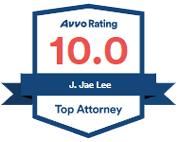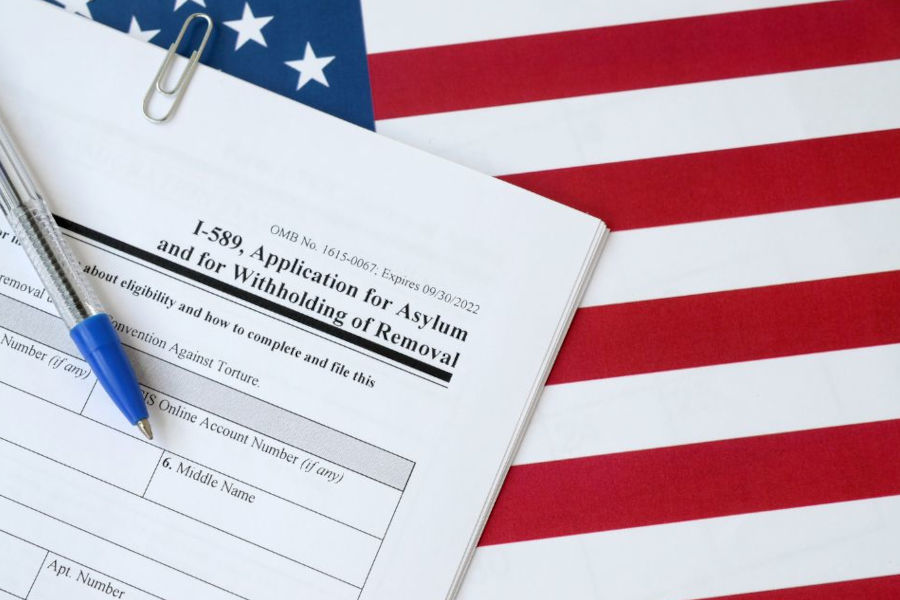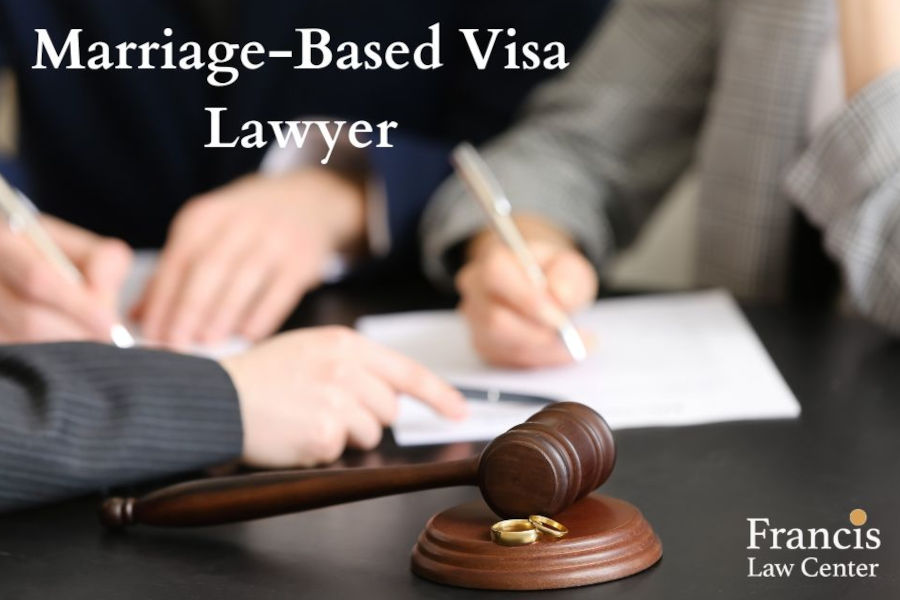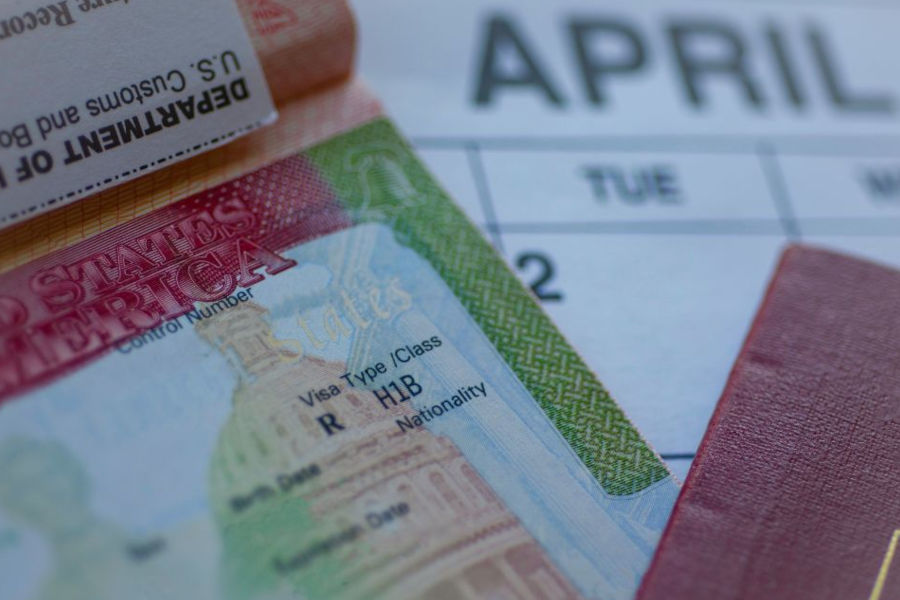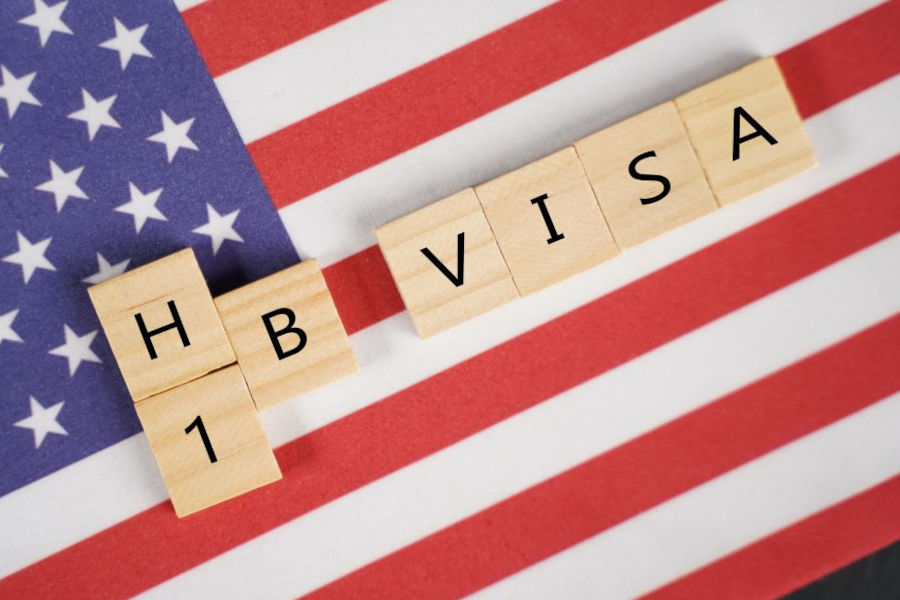A recent Executive Order makes one change to the current public charge inadmissibility framework and lays the groundwork for future changes within two months. The Executive Order affects both the Department of Homeland Security (“DHS”) and Department of State (“DOS”) public charge rules, though the latter is currently enjoined.
First, the Executive Order revokes the previous administration’s Presidential Memorandum of May 23, 2019. The Memorandum increased enforcement mechanisms of one component of public charge laws, wherein sponsors could be called upon by the government or a nongovernmental entity to reimburse the costs of any public, means-tested benefit received by an individual subject to the public charge rule. Revoking the Memorandum does not, however, repeal the statute allowing for this, and reducing ramped up enforcement does not mean the law will never be applied.
Of potentially greater impact, the Executive Order obligates the Secretary of State, the Attorney General, the Secretary of Homeland Security, and heads of other agencies to review all actions related to implementing public charge grounds for inadmissibility. Within two months of the Executive Order, dated February 2, 2021, the Secretary of State, the Attorney General, and the Secretary of Homeland Security will be required to report to the President with any steps taken or intended to be taken.
Both public charge rules have been heavily litigated, with the DOS rule currently enjoined. The DHS rule, as implemented by USCIS, remains in effect. Most recently, the Ninth Circuit upheld a preliminary injunction against the rule, but stayed issuance of a mandate pending the Supreme Court’s decision whether to hear an appeal. This means USCIS is under no obligation to stop applying the rule, which expands the types of public benefits considered in determining whether someone is or is likely to become a “public charge” and burdens the applicant to prove self-sufficiency.
Criticisms of the nearly identical rules have included the potential for disproportionate effects on certain groups of individuals and the resulting widespread confusion about the rule that has led to instances of people disenrolling from public benefits regardless of whether they actually needed to. The confusion is specifically referenced in the Executive Order’s call for findings and action.
Importantly, the DOS is not requiring or accepting Form DS-5540 due to the nationwide injunction against it. Meanwhile, USCIS is still requiring Form I-944, the Declaration of Self-Sufficiency, pursuant to the DHS rule’s present enforceability.
Francis Law Center has continued to cover the public charge rule throughout its complicated history and will remain updated as agencies take possible action to alter the rule or its implementation. The firm is able to help with all types of immigration cases during these potential changes.
This information is intended to educate and should not be taken as legal advice.

